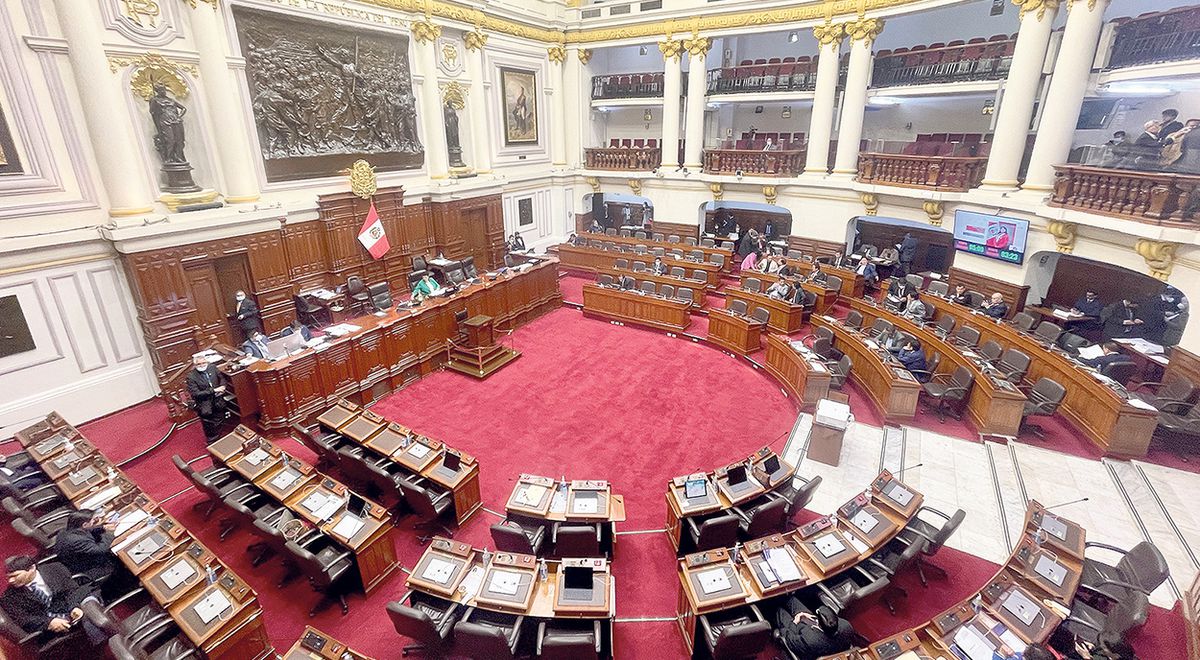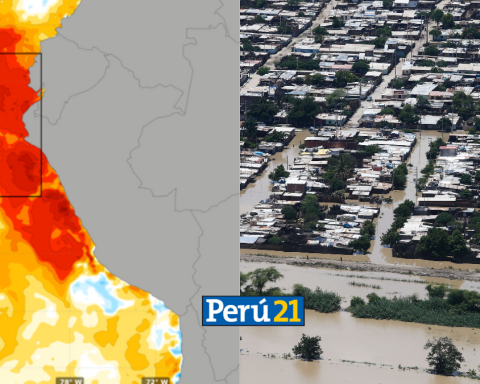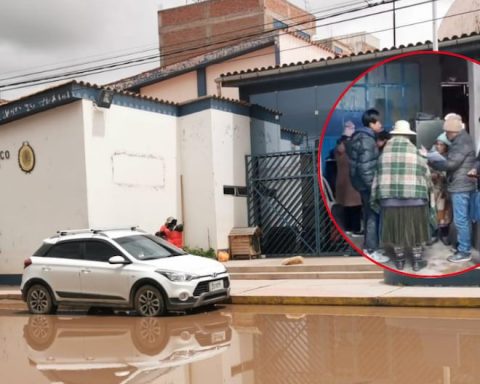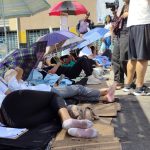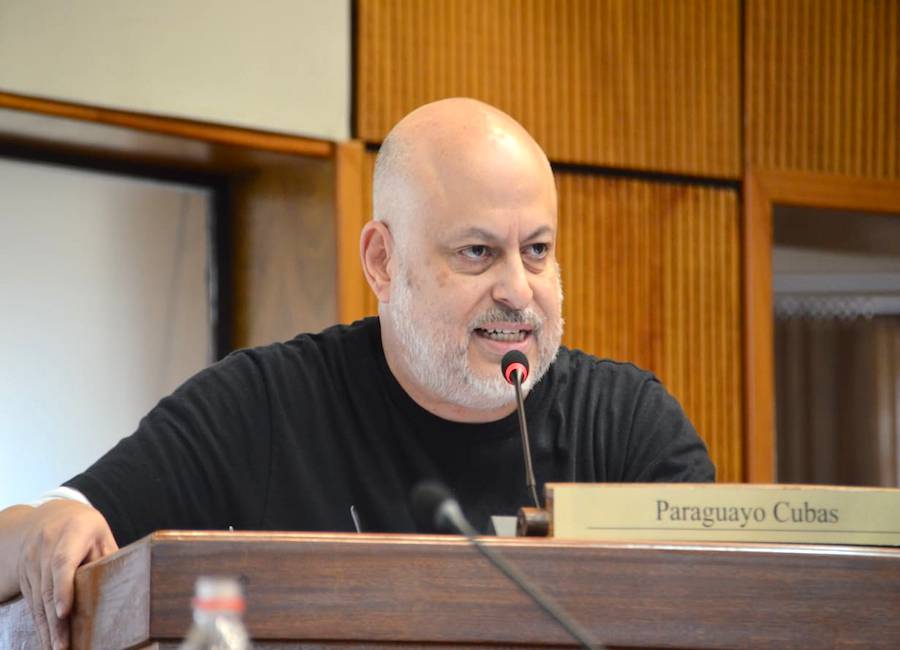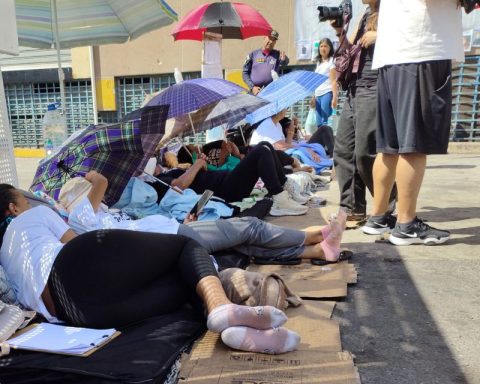Once again, the lack of analysis and the political incoherence led the congressmen to impose with their votes adverse decisions on issues relevant to democracy and foreign policy, such as the election of the ombudsman and the refusal of the trip by President Pedro Castillo for meetings on behalf of the Peruvian State.
The lack of analysis is expressed in the absence of a legal or constitutional basis for not complying with the precautionary measure granted by a constitutional judge who ordered the suspension of said process. The protection claim filed by the Ombudsman’s Union, a union that questions, among other aspects, the lack of regulations for the election process, is still pending resolution.
And the lack of coherence is reflected in the fact that factions such as the Alliance for Progress (APP) or Avanza País had supported certain candidates with their votes, in the special commission, but in the end they turned their backs on them.
This is the case of the candidate Carlos Castro Barriga. He had achieved seven votes in favor in the special group. He was supported by the APP, Popular Action, Democratic Peru, Democratic Change, Magisterial Bloc, Avanza Country and Free Peru benches.
But in the plenary session last Thursday, none of these benches supported him unanimously. He barely got 30 votes. There were more votes against (40) and abstentions (41).
The left is not exempt from this either: the Magisterial Bloc, for example, had supported the top three positions, but in the end they did not support all of them either. Particular is the case of spokesman Alex Paredes, remembered for defending the so-called “male parity.” This congressman supported Beatriz Ramírez in the special commission but in the plenary he did the opposite: he voted against.
In good account, the objective of the right continues to be to impose Víctor García Toma, who in the selection process of the special commission only got three votes. It is like trying to designate as a defender someone who has been disapproved in the previous evaluation.
Military. Management of José Williams maintains the authoritarian profile of Parliament. Photo: diffusion
Adverse effects
The political scientist Paula Távara considers that this action of the Parliament generates a serious weakening of an institution that has been key to Peruvian democracy, such as the defenderial entity. “All this is very serious, because it ends up weakening the legitimacy of the Ombudsman,” she points out.
Távara also questions that Congress ignores the decisions of the Judiciary. “Congressmen leave an image that all the rules and judicial resolutions can be skipped. That is not correct,” he emphasized.
Alonso Cárdenas, political scientist and professor at the Antonio Ruiz de Montoya University, considered that the election of the defender without complying with a judicial resolution “is something that in a different country would be a scandal.”
The specialist questions that this type of acts is being normalized from the Parliament, without deserving a clear response from the citizens. “The Economist warns that the political deterioration in Peru is profound, even by Latin American standards,” he added.
Foreign policy
On the same Thursday of this week, Congress again denied the authorization to travel abroad that President Pedro Castillo had requested.
Ramiro Escobar, a journalist specialized in international politics, considered that this decision affects the main lines of the country’s foreign policy.
“I think that Congress has made a mistake. President Pedro Castillo was not only going to meet with Pope Francis, but also with Ursula von der Leyen, president of the European Commission, in Brussels, and he was also going to go to the headquarters of the FAO (United Nations Organization for Agriculture and Food),” he explained.
Ramiro Escobar emphasizes the scheduled meeting with the European Commission, as it could have strengthened trade relations.
Specialists consulted in foreign policy pointed out that the denial of the trip also transfers the tension between the Executive and the Legislative to an area that was exempt.
Another adverse effect, according to Alonso Cárdenas, is that Congress could be inadvertently strengthening the image of Vice President Dina Boluarte in the international arena, since it was estimated that she would make the trips on behalf of the president.
For political scientist Paula Távara, the denial of the trip represents one more step of no return in the hostile situation in relations between Congress and the Executive.
“This generates the image of a Congress that imposes a figure of forced impediment to President Castillo leaving the country,” he said.
He considered that this type of decision will continue to affect the level of acceptance of this power of the State. “With this type of decision and the type of language and forms, Congress is losing more of its legitimacy,” he emphasized.
Interpellation underway against Landa
Along with the decision of Congress to prevent President Castillo from traveling abroad, a motion arose to question Foreign Minister César Landa.
The motion presented on Thursday has been promoted by Jorge Montoya, legislator of the Popular Renovation caucus.
There are 31 questions in the interpellatory statement related to the return of Peruvian diplomatic relations with the Saharawi Republic.
The motion is also signed by parliamentarians from Avanza País, Somos Perú, in addition to Roberto Chiabra (APP) and the non-grouped Carlos Anderson.
reactions
Paula Távara, political scientist
“With the insistence for the election of the defender, Congress affects the balance of powers. They are wrong again when they want to position themselves as the first power of the State and go above the other powers, including the judiciary”.
Alonso Cárdenas, political scientist-UARM
“Congressmen are in a maelstrom of errors, but without amendment. The institution of Congress is the most discredited in the country and the disapproval now almost approaches the margin of statistical error; It’s actually very low.”
Ramiro Escobar, internationalist
“The decision not to authorize the trip to Castillo weakens the image of the country and the main lines of foreign policy. It is not the same thing that a president goes than a chancellor. The president conducts politics; the chancellor only executes it”.
